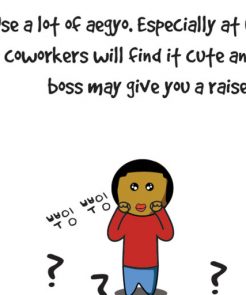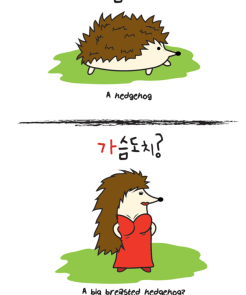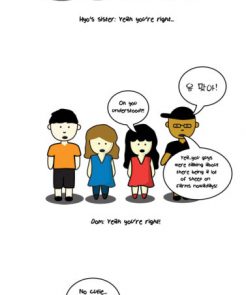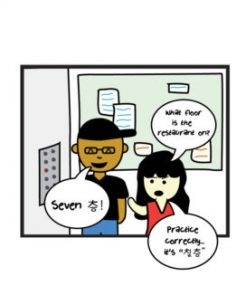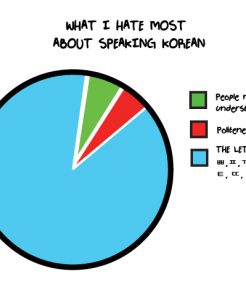Learn Korean: 5 Tips to Speak Korean Like a Pro (Not Serious)
Like the title says, please don’t take these seriously. You could look really awkward if you learn or speak Korean like this. Although the aegyo part has some slight merit if you are a cute woman. Don’t try it as a man.

